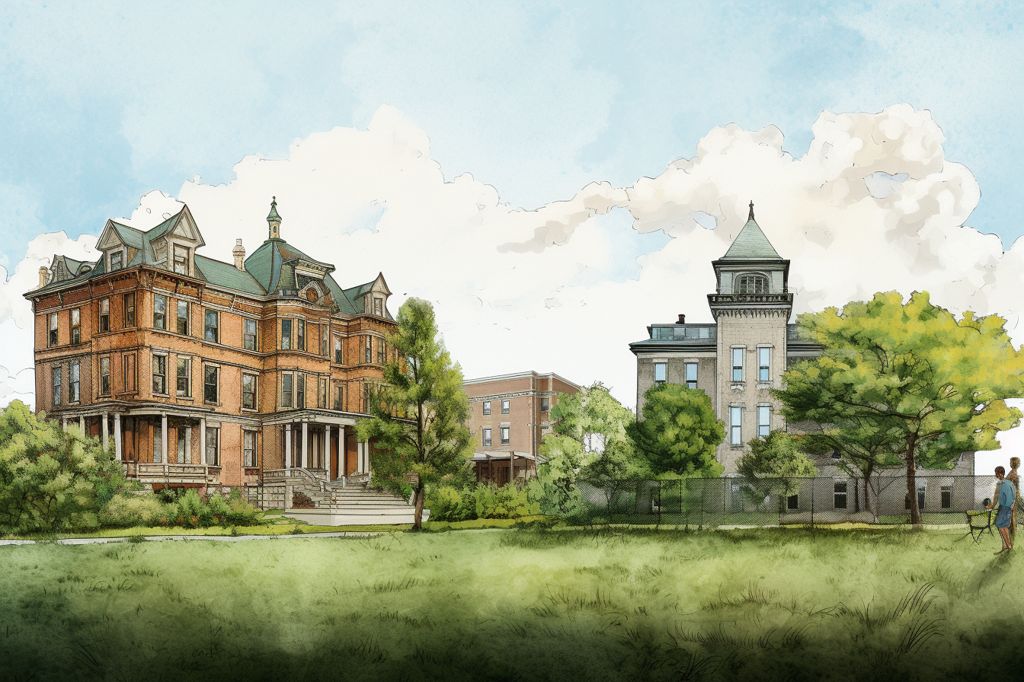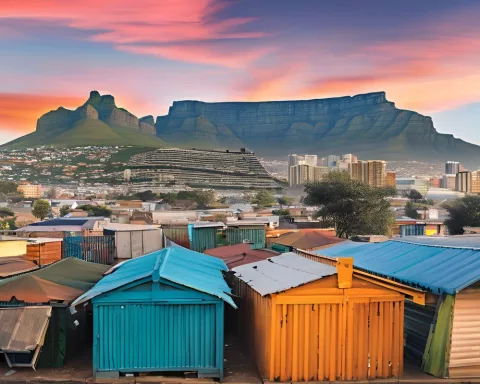The City of Cape Town is facing a contentious issue as it seeks to develop the old Woodstock Hospital site and an adjacent piece of open land on Earl Street for social housing while preserving the area’s heritage.
The Old Woodstock Hospital
The old Woodstock Hospital has been occupied by housing activists since 2017 and has become a symbol of the struggle for affordable housing in Cape Town. Mayor Geordin Hill-Lewis announced on July 31 that the heritage impact assessment (HIA) for the site, which would accommodate 700 social housing units, had been approved. However, this development hit a snag when Heritage Western Cape (HWC) contradicted Hill-Lewis, explaining that the project’s approval is on hold until appeals are heard in September.
The Earl Street site
The open land on Earl Street, which was once an orphanage and is now under the City’s control, is at the heart of the dispute. HWC’s CEO, Michael Janse van Rensburg, stated that while the overall development was approved, it came with conditions – notably, that the Earl Street site be developed as open public space. The City has appealed these conditions, a move that has prompted the Woodstock Residents Association (WRA) to appeal against the HIA on similar grounds.
The Woodstock Residents Association
WRA treasurer and the chair of the heritage and planning subcommittee, Ute Kuhlmann, clarified that the residents’ association is not against social housing being built on the old Woodstock Hospital site. However, the WRA insists that the Earl Street site must remain a public green space for both existing and new residents. In a petition to preserve the Earl Street site as a green space, the WRA accuses the City of continuously ignoring their input and identifying sites for social housing without consultation.
The City’s Response
The City of Cape Town has responded to the WRA’s allegations, stating that it is a “false perception” that they are taking away green spaces. Instead, they argue that “opportunities for integrated public open spaces will be considered as part of the Local Spatial Development Framework for the area, and no public open space of any nature is being removed by the current proposal.”
The Complexity of Urban Planning and Development in Cape Town
As September approaches, the battle between heritage preservation, housing needs, and open spaces in Woodstock exemplifies the complexity of urban planning and development in Cape Town. The outcome of the appeals process will not only determine the future of the old Woodstock Hospital site and Earl Street but also set a precedent for similar cases in the city. With the demand for affordable housing on the rise and the importance of preserving heritage and green spaces, striking a balance between these competing interests proves to be an ongoing challenge for the City of Cape Town.












